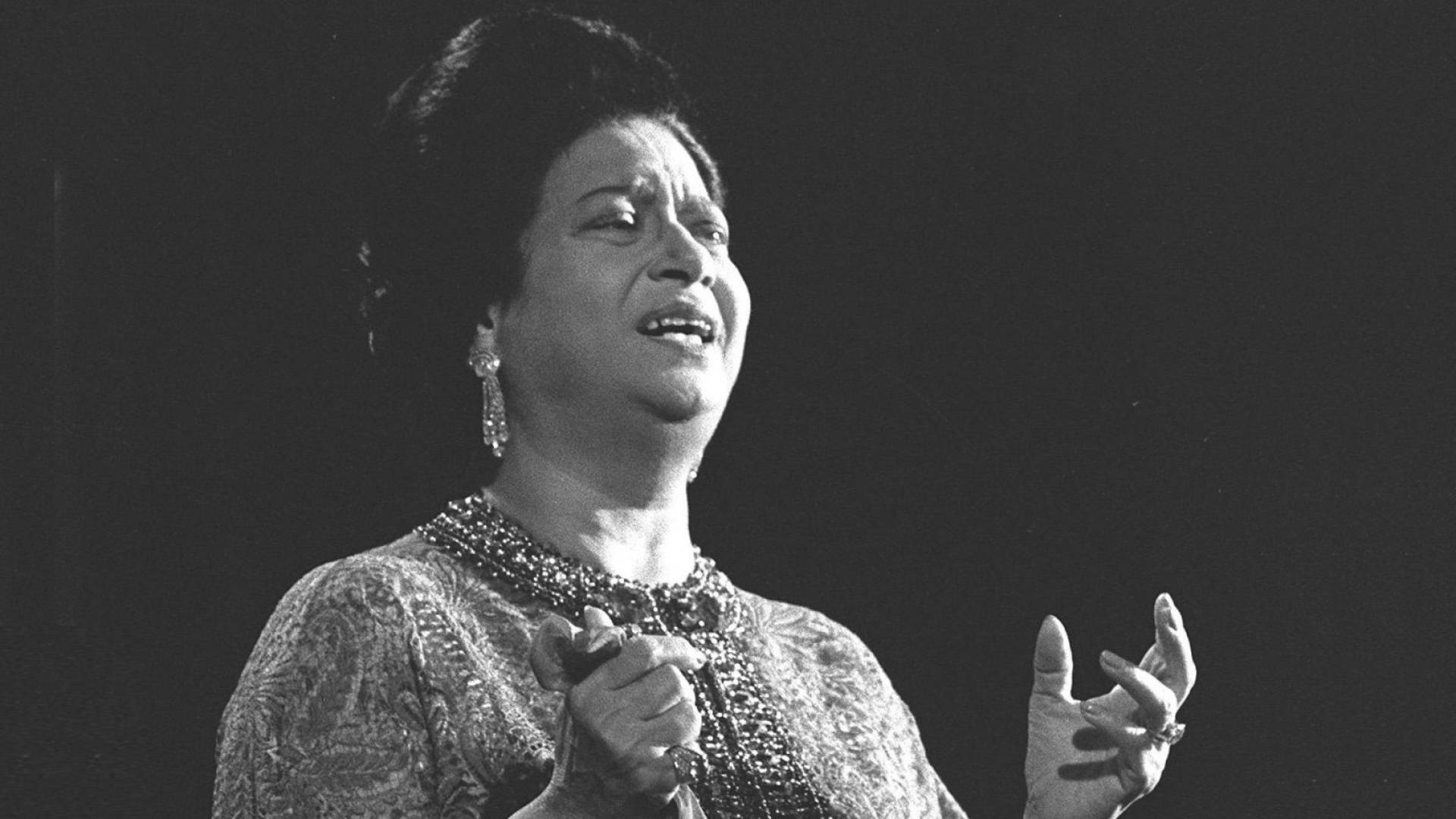'Israeli' Umm Kulthum tribute concerts spark outrage, accusations of cultural appropriation
Note: AI technology was used to generate this article’s audio.
A video posted by 'Israel’s' official Arabic-language social media account ignited controversy after showcasing 'Israeli' singer Violette Salameh performing Umm Kulthum songs on stage in occupied Haifa, accompanied by a caption stating: “This crowd is not in an Arab country. Yesterday in Haifa, Violette Salameh thrilled Jewish and Arab audiences with classics of Umm Kulthum on the 50th anniversary of her passing. Israel is a meeting place of cultures and religions.”
هذا الجمهور ليس في دولة عربية!
امس على مسرح حيفا اطربت فيوليت سلامة الجمهور يهودا وعربا باغاني ام كلثوم في الذكرى الخمسين لرحيلها.
إسرائيل ملتقى الثقافات والأديان
فرقة النور pic.twitter.com/kMs3gsbDSs
The clip comes amid growing backlash over the planned series of concerts by the 'Israeli' ensemble Al-Noor Orchestra, which announced last month that it would perform Umm Kulthum’s works in several cities, including Jaffa, Haifa, Jerusalem, and Bir al-Sabe’, to mark 50 years since the Egyptian icon’s death.
Family Condemnation and Legal Threats
Umm Kulthum’s family has strongly condemned the initiative, calling it a violation of intellectual property and a form of cultural appropriation.
Jihan al-Dasuqi, granddaughter of the singer’s sister, said the performances were announced without any consultation or permission, describing it as a misuse of a national symbol who “does not belong only to her family but represents Egypt’s fourth pyramid.” She confirmed that legal action is being explored to stop the concerts and prevent unauthorized use of the late icon’s repertoire.
Accusations of Cultural Appropriation
The planned concerts have drawn intense criticism across social media, where many users described them as an attempt by 'Israel' to appropriate Arab cultural heritage.
Critics highlighted that Umm Kulthum, widely regarded as the greatest Arab singer of the 20th century, was celebrated for her nationalist songs, which supported the Egyptian army during its wars with 'Israel' and championed anti-colonial and pan-Arab causes.
One widely shared comment read: “Umm Kulthum is older than Israel itself.”
A Legacy Larger Than Music
Born in 1904, Umm Kulthum rose from rural Egypt to become the Arab world’s most influential singer, known for her emotionally powerful performances and her role in shaping modern Arab identity. Her music continues to resonate across generations and remains deeply tied to national narratives, anti-colonial sentiment, and the Palestinian cause.
She first performed in Palestine in 1928 at the invitation of the Arab Youth Association in Haifa.
Controversy Continues Ahead of Scheduled Concerts
Despite the mounting criticism, the Al-Noor Orchestra has continued promoting its performances, though it remains unclear whether legal pressure or public backlash will affect the planned November schedule.




